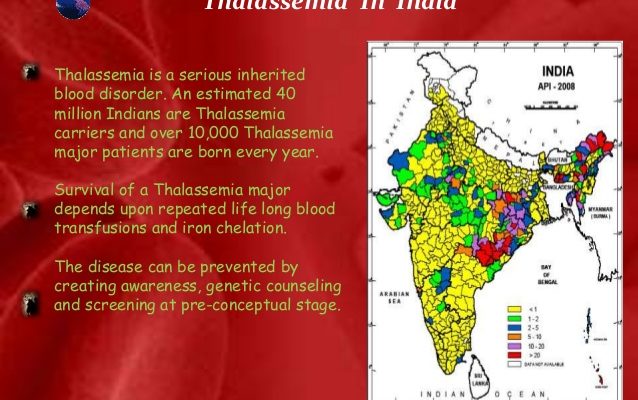PRENATAL DIAGNOSIS OF B-THALASSAEMIA AND OTHER HAEMOGLOBINOPATHIES IN INDIA
- Admin
- Aug, 30, 2018
- Prenatal Diagnosis, Research
- No Comments.

Authors: Chitra Thakur (Mahadik)*, Flavian Vaz, Monisha Banerjee, Chhaya Kapadia, P. G. Natrajan, Harsha Yagnik and Sudha Gangal B. J. Wadia Hospital for Children and Institute of Child Health Research Society, Parel, Mumbai 400012, India
This paper reports prenatal diagnosis of 787 fetuses of b-thalassaemia and other haemoglobinopathies in
Indian high-risk communities. DNA based diagnosis was offered in the ®rst, as well as the second trimester,
in 489 pregnancies (with ®ve twins) on fetal tissues such as chorionic villus (CV) and amniocytes using the
ampli®cation refractory mutation system (ARMS) and restriction fragment length polymorphism (RFLP)
techniques. Two hundred and ninety-two women (with one twin), who either presented late in the second
trimester or whose DNA diagnosis was not informative, were offered prenatal diagnosis using globin chain
synthesis (GCS) on fetal blood cells. Maternal contamination of fetal DNA was ruled out by variable
number tandem repeat (VNTR) analysis using sites in four different genes (Apo-B, D1S-80, Ig-JH and Haras),
while contamination of fetal blood was checked by a particle size distribution channelyzer. Using both
techniques we were able to offer complete diagnosis in 99.8% cases. Out of 494 fetuses tested by DNA
analysis, 135 were found to be normal, 201 were carriers, whereas 146 were affected. Out of 293 fetuses
analysed by GCS, 215 were unaffected and 71 were affected. In this study, both fetuses were tested in twin
pregnancies, of which three required selective termination of one fetus. Because of social, religious taboos
and family in¯uences, genetic counselling was found to be an important guideline for couples selecting
options for prenatal diagnosis. Our experience suggests that because of late presentation by many couples to
the diagnostic centres, in developing countries like India, both the techniques of DNA analysis and GCS
should be made available at major referral centres for maximum bene®t to couples.
Membership
Full Members
Provisional Members
Associate Members
Honorary Members

